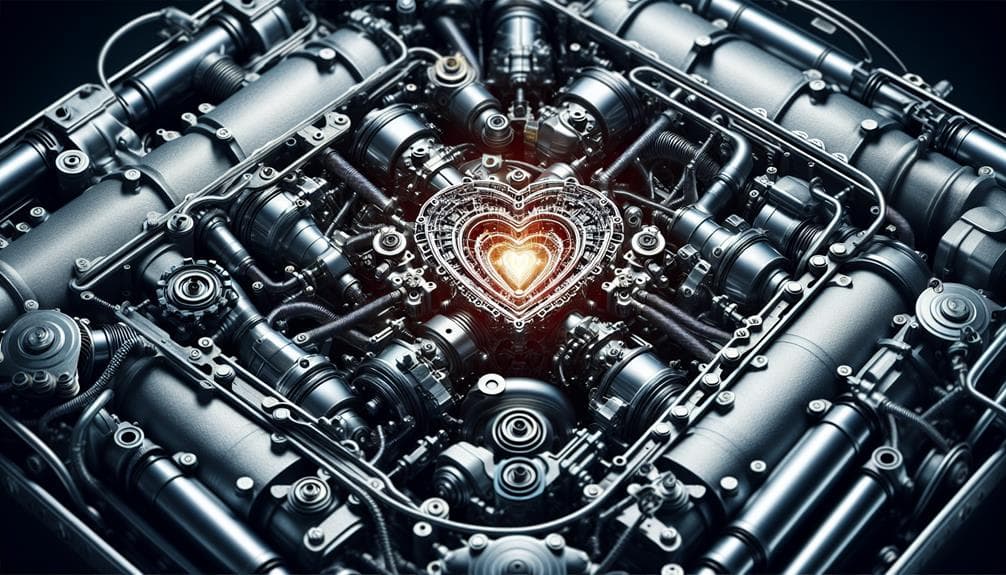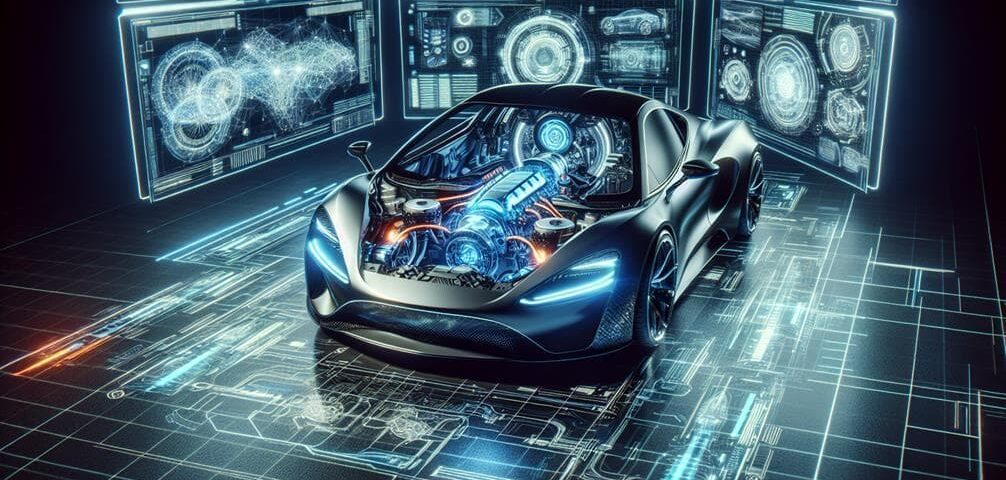Step Into History at the Reyes Adobe Historical Site in Agoura Hills, CA
January 23, 2024
The Heart of the Machine: An In-Depth Look at Car Engine Mechanics
February 2, 2024In the technological landscape of modern auto mechanic, the engine serves as the beating heart of any vehicle, its performance directly influencing the overall driving experience. As we stand on the precipice of a new era in automobile industry, characterized by continuous advancements in engine technologies, there is a burgeoning interest in understanding the complexities of these innovations and their potential implications on vehicle performance. The advent of advanced engine technologies, such as variable valve timing (VVT), gasoline direct injection (GDI), turbocharging, and cylinder deactivation, promise to revolutionize the way vehicles perform, offering enhanced fuel efficiency, reduced emissions, and increased horsepower. However, as these technologies continue to rapidly evolve, it becomes crucial to scrutinize their real-world applications, potential drawbacks, and ultimate impact on the future of automotive engineering. Our discussion will therefore probe into these technical intricacies, offering a comprehensive insight into the world of advanced engine technologies.
Exploring Innovative Engine Technologies
While the automotive industry has seen a multitude of technological advancements over the years, the exploration of innovative engine technologies continues to redefine the boundaries of performance, efficiency, and environmental sustainability. Among these are the developments in Variable Compression Ratio (VCR) engines and hybrid powertrains. VCR engines adjust the engine’s compression ratio, optimizing fuel efficiency and power output depending on driving conditions. This technology, coupled with hybrid powertrains, which utilize both a combustion engine and electric motor, offers unparalleled fuel efficiency and reduced emissions. Moreover, the advent of direct injection and turbocharging technologies has further elevated engine performance. These technologies, collectively, symbolize the automotive industry’s unrelenting commitment to innovation, propelling us towards a future of cleaner, efficient, and high-performance vehicles.
Impact on Fuel Efficiency and Environment
Building on these technological advancements, it becomes imperative to examine their consequential impact on fuel efficiency and environmental sustainability. Advanced engine technologies, notably variable valve timing (VVT) and gasoline direct injection (GDI), augment fuel economy considerably. VVT optimizes the timing of opening and closing of the valves, reducing fuel consumption and emissions. GDI, on the other hand, enhances combustion efficiency by directly injecting fuel into the combustion chamber. This precise control results in improved fuel efficiency and lower emissions. Collectively, these technologies contribute to reducing the carbon footprint of vehicles. However, their integration necessitates meticulous engineering to mitigate potential increase in particulate matter. Thus, striking a balance between performance, efficiency, and environmental sustainability is crucial in the evolution of engine technologies.
Conclusion
In conclusion, advanced engine technologies have engineered a paradigm shift in the auto mechanic. By enhancing fuel efficiency, reducing environmental pollution, and optimizing performance, these innovations, like the metaphorical gearbox of progress, continue to drive the industry forward. As per a recent study by the Environmental Protection Agency, vehicles equipped with these technologies have reported a 20% increase in fuel efficiency, marking a promising trajectory for the future of sustainable transportation.





